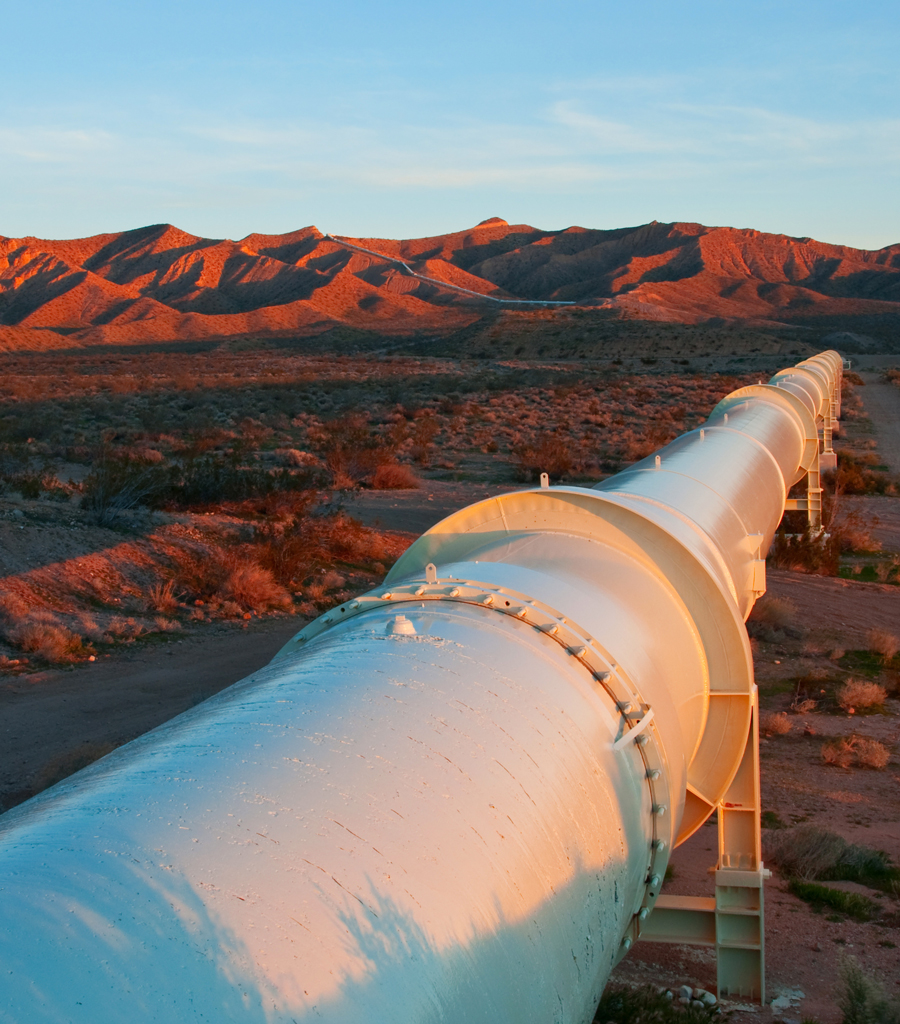With a barrel of crude currently trading at US$104, it's easy to feel envious of oil-rich nations. But recent history teaches us that an over-reliance on hydrocarbons carries a series of risks, which we'll be analysing at The Economist’s Algeria's Economic Outlook conference on September 23rd in Algiers.
The first risk is volatility. Oil prices have a tendency to veer wildly, making economic forecasting difficult for national treasuries. In July 2008 the crude oil spot price was US$145 a barrel; five months later, it was US$30. With hydrocarbons accounting for 98% of Algeria's exports, presumably treasuries had to rewrite the budget a few times that year.
Another risk is “Dutch disease”, a term coined by The Economist in 1977 to describe the negative consequences of a North Sea gas bonanza which drove up the value of the Dutch guilder (its currency before the euro), making the country's non-oil exports uncompetitive.
Thirdly, hydrocarbons are finite resources: sooner or later, the reserves will run out.
Finally, with oil being the world's most capital-intensive industry, it creates very few jobs. A tiny proportion of the rapidly growing young population of the Middle East and North Africa will eventually find work as hydrocarbon engineers.
For a financial investor, diversification involves lowering risks by spreading investment across a range of products or assets. For a government like Algeria's, it will mean supporting the development of 'downstream' industries such as petrochemicals and fertilizers and building capacity in sectors like mining, automotive and health care. It will require significant improvement to the business climate (Algeria ranks 152nd globally in the World Bank's Ease of Doing Business survey), and it will involve developing the infrastructure (electricity, transport, telecoms etc) needed to power growth.
Delivering such a comprehensive programme is easier said than done. One dilemma will be how to strike the right balance between sectors where Algeria possesses a clear comparative advantage (eg the downstream sector), and sectors that provide jobs. Key to success will be the progress of education reforms designed to develop the skills base needed for a modern, diversified economy.
Around the world, oil-dependent countries have struggled with the effects of the 'resource curse', the paradox whereby the economies of resource-rich countries underperform those with fewer resources. We're looking forward to a day of constructive debate on September 23rd, exploring the challenges of economic diversification with Algeria's policy-makers and business leaders.




